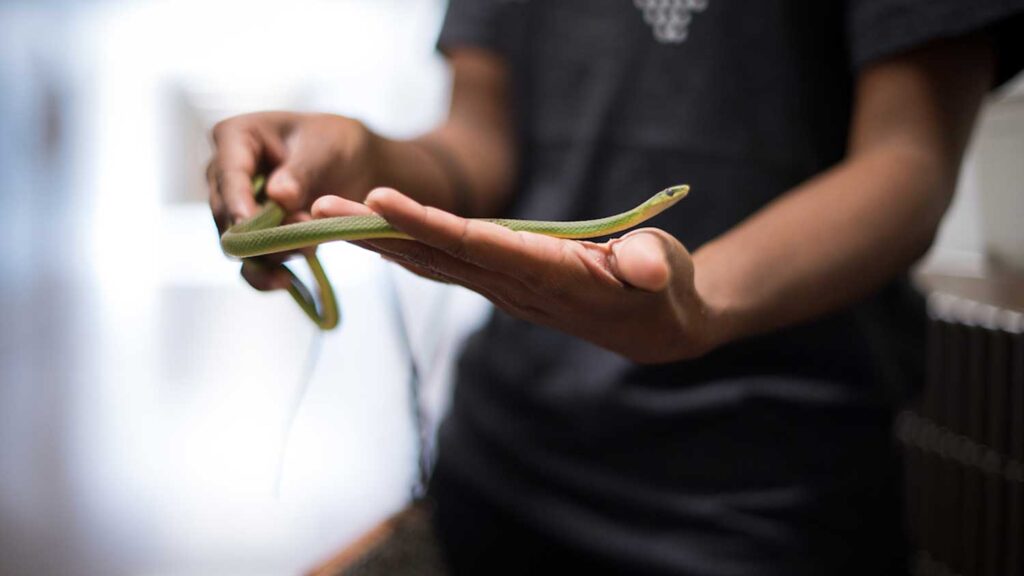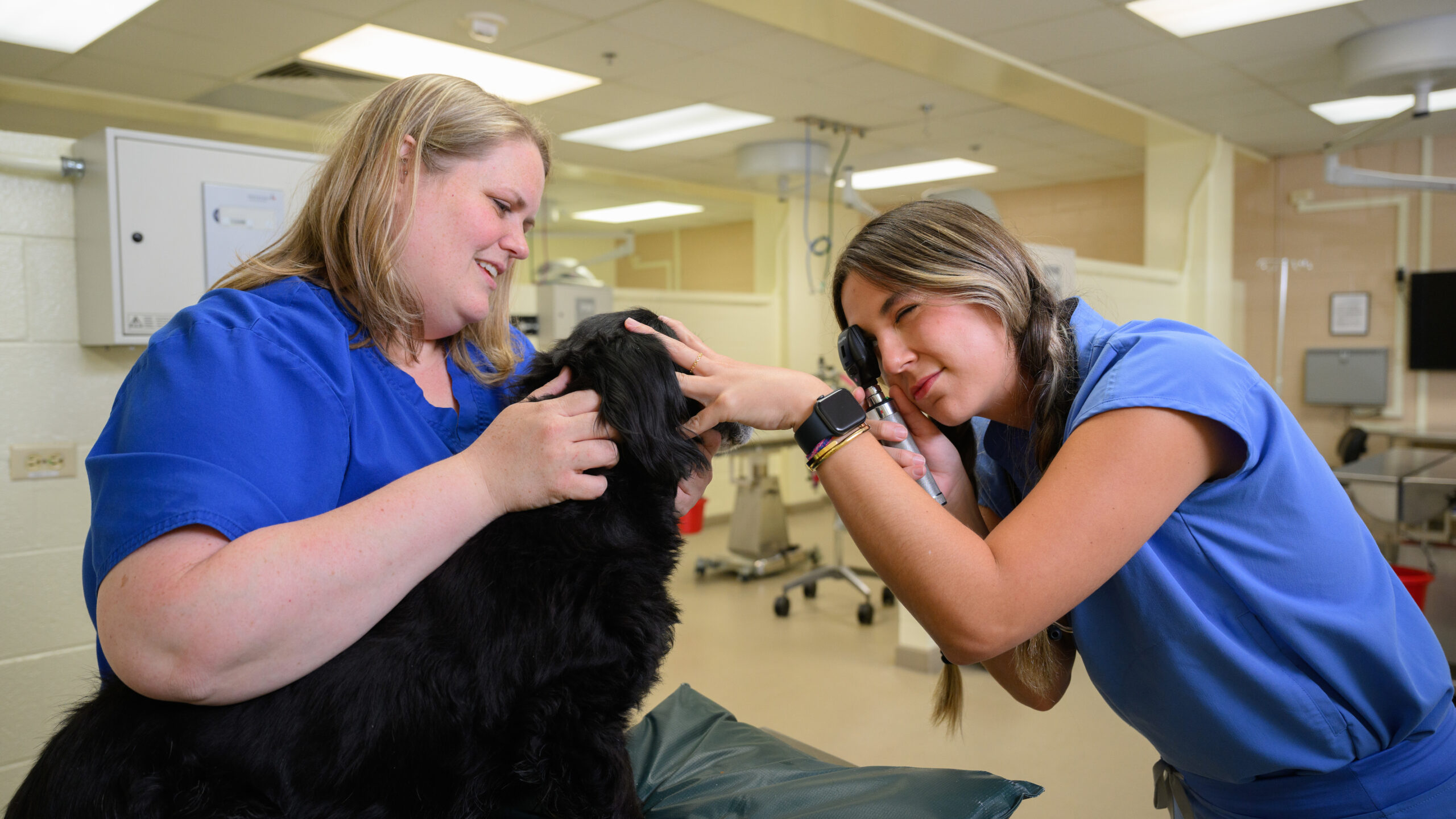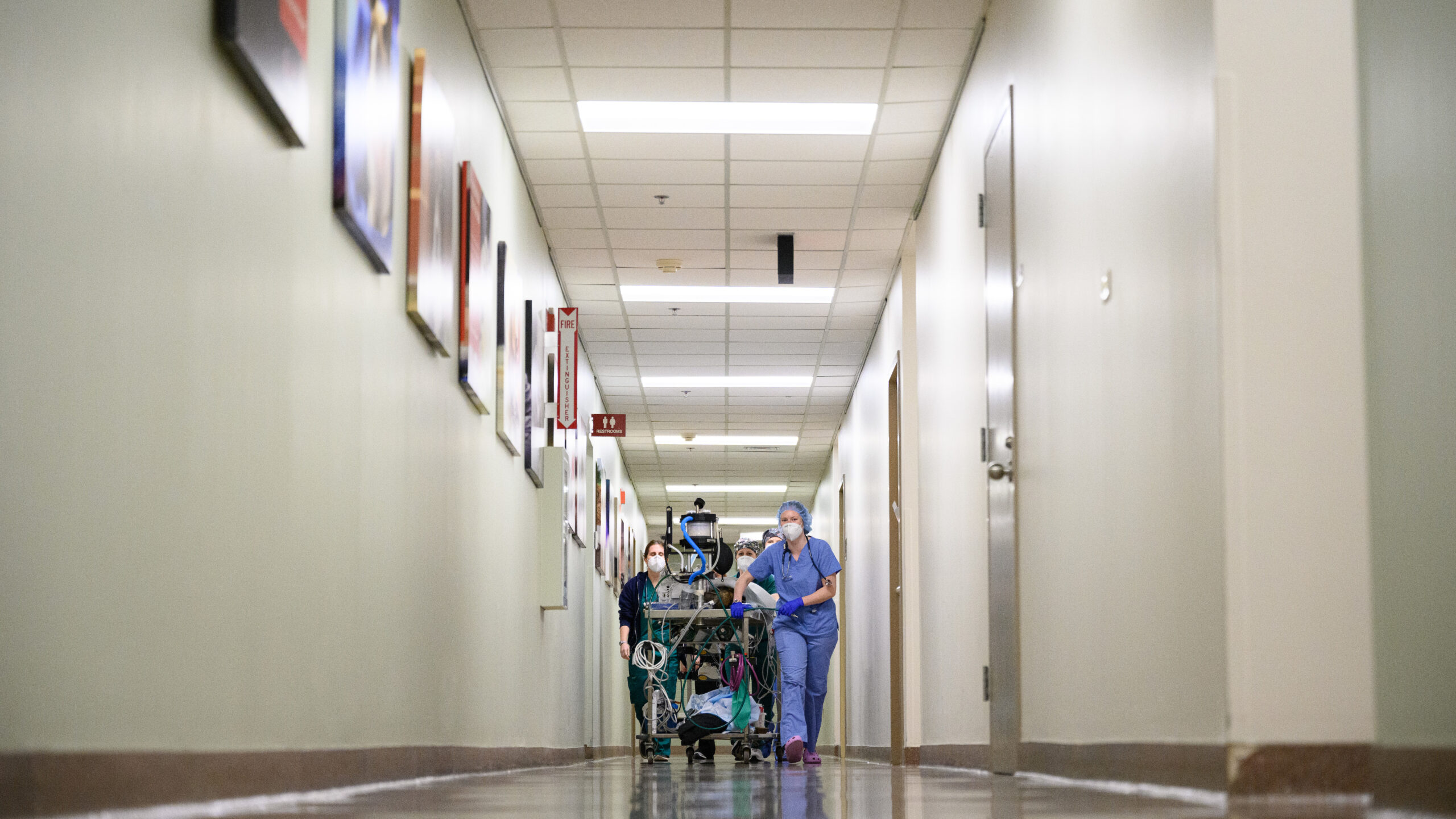Exotics: Reptiles, Amphibians, Fish
We see snakes, lizards, turtles, frogs, fish, tarantulas, and any other of your cold-blooded companions.

Whether your pet slithers, glides, hops, crawls, or swims, the Exotic Animal Medicine service is here to help with all of your pet’s needs! However, we do not see any venomous animals.
Depending on why your pet came in, and what we find during our physical exam, we may recommend a variety of diagnostic tests and treatments. These are designed to help us with a sound diagnostic plan and to keep your pet safe and well for as long as possible.
Contact Us
- Hours: Monday through Friday, 8 a.m to 5 p.m
- Phone: 919-513-6999
- Email: NCStateExotics@ncsu.edu
Tests & Consultations
Here are some things that we offer for your reptile, amphibian, fish, or invertebrate’s health and how they will keep your pet well:
Caging and lighting recommendations: Depending on what kind of animal you have, we can make recommendations for specialized lighting, heat sources, and enclosure types, that will benefit your pet and help maintain an ideal environment.
Nutrition counseling: Our patients have lots of special needs, including very particular diets! We can help you find the best diet for your pet that will help them stay healthy and happy.
Water quality: We can look for certain parameters in your pet’s water that may be causing a problem and advise on how to keep the environment appropriate for the species.
Fecal analysis: Believe it or not, looking at your pet’s stool gives us a lot of information! We look for the types of bacteria that are in the GI tract, as well as for some parasites.
Bloodwork: Routine bloodwork usually consists of a complete blood count (CBC) and a biochemistry panel. This gives us a great deal of information about our patients. The CBC allows us to look for signs of infection and inflammation, as well as for anemia. The biochemistry panel allows us to evaluate kidney and liver function, protein levels, muscle damage, and pancreas function.
Radiographs: We often recommend taking x-rays of our patients. This allows us to see bones, the respiratory system, the heart, the liver, the GI tract, the spleen, the kidneys, and the reproductive tract. We can gather a lot of information about these body systems by examining an x-ray.
Cultures: We can get samples from your animal for culture, for example from the gastrointestinal or respiratory tracts to help diagnose specific types of bacterial or fungal infections, and which types of antibiotics should be most effective.
Caring for Your Exotic Pet
- A Guide to Caring for Your Pet Bearded Dragon


